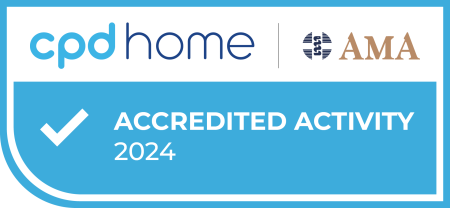Finding accredited CPD
Cardiometabolic syndrome (CMS) is a complex interplay of metabolic dysregulation, cardiovascular disease and diabetes risk factors. It encompasses obesity, insulin resistance, dyslipidaemia, hyperuricemia, and hypertension, with obesity triggering metabolic disturbances. The global prevalence of CMS is driven by rising obesity rates and sedentary lifestyles.
The metrics on the metabolic health of Australians are concerning and suggest an emerging crisis:
This one-day event explores the key issues and latest research on cardiometabolic disorders with a focus on evidence-based, effective dietary, nutritional and lifestyle approaches to treatment.
The information will be presented by leading clinicians and academics in this field – Dr. Ross Walker, Dr. Michelle Woolhouse, Dr. Elizabeth Steels, Dr. Brad McEwen, Dr. Arun Dhir and Rebecca Edwards.
Restoration of metabolic health is possible with the right information, tools and approaches.
You will learn how to assess, prevent, manage and restore metabolic health
KEY TOPICS INCLUDE:
EVENT DETAILS:
Venue: Aerial UTS Function Centre, Building 10, Level 7/235 Jones St, Ultimo, NSW
Date: Saturday, 19 October 2024
Face-to-face & live streamed event, recording available post event
Disclaimer: Please note, once you click 'Register now' you will be leaving the AMA’s CPD Home website and entering a third-party education provider’s website. If you choose to register for this learning, you will need to provide some of your personal information directly to the third-party education provider. If you have any queries about how third-party education providers use, disclose or store your personal information you should consult their privacy policy.
Upon completion, your CPD activity record may take up to 4 weeks to be reflected on your CPD Home Dashboard.
You have to log in to see the content of this module.
Provided by
Accredited by
